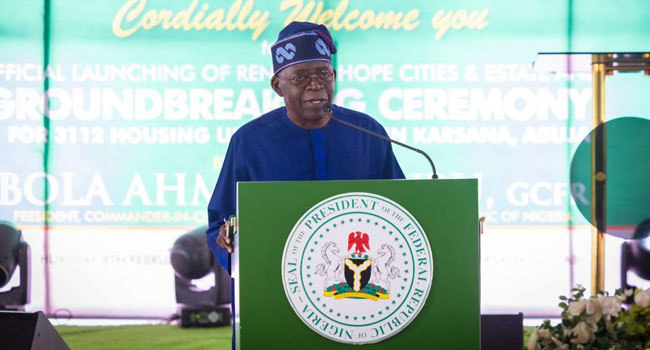
The administration of President Bola Tinubu has spent an estimated N15.097 trillion on petrol subsidies over the past 14 months.
The staggering figure surpasses previous subsidy spending and has drawn attention to the ongoing financial burden posed by fuel subsidies on the Nigerian economy.
Data from the National Bureau of Statistics (NBS) and petroleum marketers reveal that Nigeria imported an average of 1.95 billion litres of petrol monthly between June 2023 and July 2024, totalling 27.3 billion litres over the period.
With the landing cost of petrol at N1,203 per litre and the NNPC Retail selling at N650 per litre, the subsidy gap per litre amounts to N553.
Despite President Tinubu’s announcement in his May 29, 2023, inauguration speech that the fuel subsidy was “gone,” the subsidy expenditure under his administration has eclipsed the N10.7 trillion spent by former President Muhammadu Buhari between 2016 and the first half of 2023.
The increase in costs is attributed to the devaluation of the naira following the liberalization of the foreign exchange market in 2023, which saw the naira lose over 60 per cent of its value.
Economic experts have expressed concerns over the sustainability of these subsidies.
Kelvin Ayebaefie Emmanuel, CEO of Dairy Hills, told Business Day: “The first step to address the cost of under-recovery on the premium motor spirit (PMS) subsidy is finding the actual daily consumption.
“The other two major factors that have gone into the re-introduction of under-recovery is the price of crude oil and the exchange rate. The only way to achieve non-payment is to have the Naira to USD pair at 750 and Brent prices at $75 per barrel.”
Analysts warn that until Nigeria can stop importing petroleum products and stabilize its exchange rate, the high costs of subsidies will continue to weigh heavily on the economy.
The situation presents a dilemma for the government, which must balance economic realities with public discontent over rising fuel prices.
